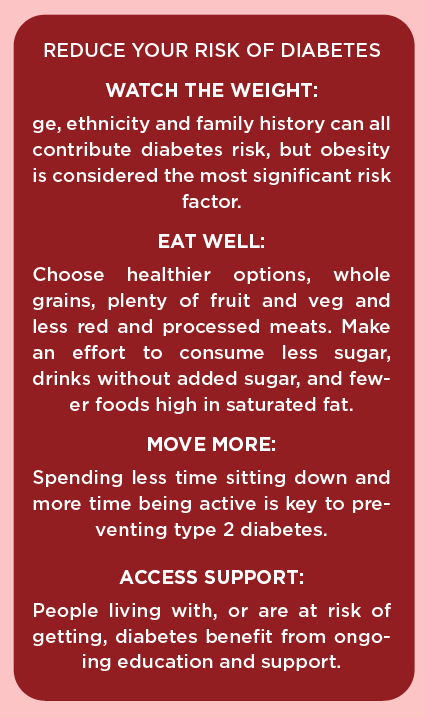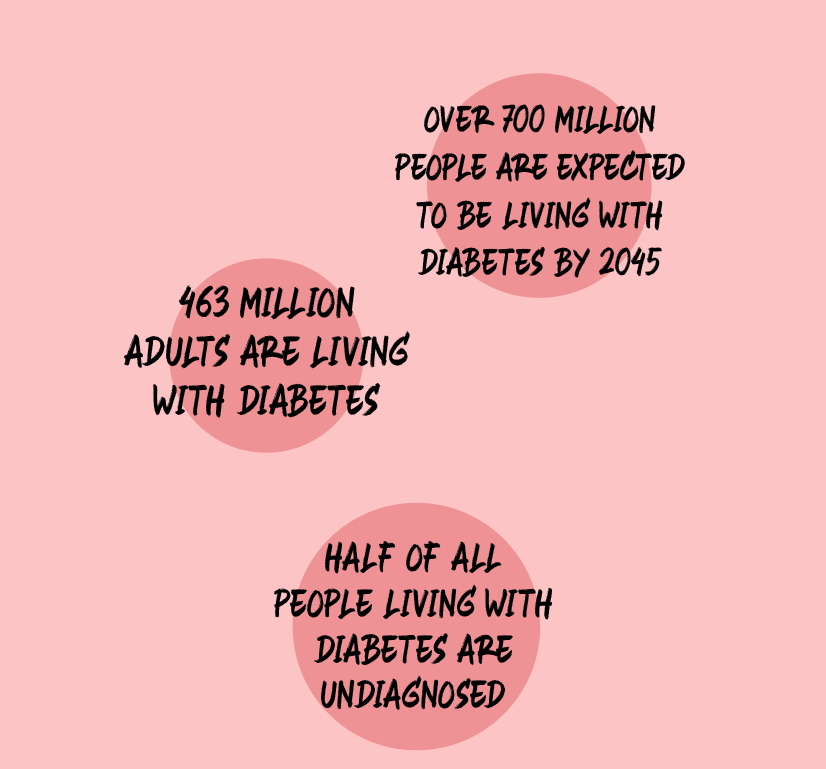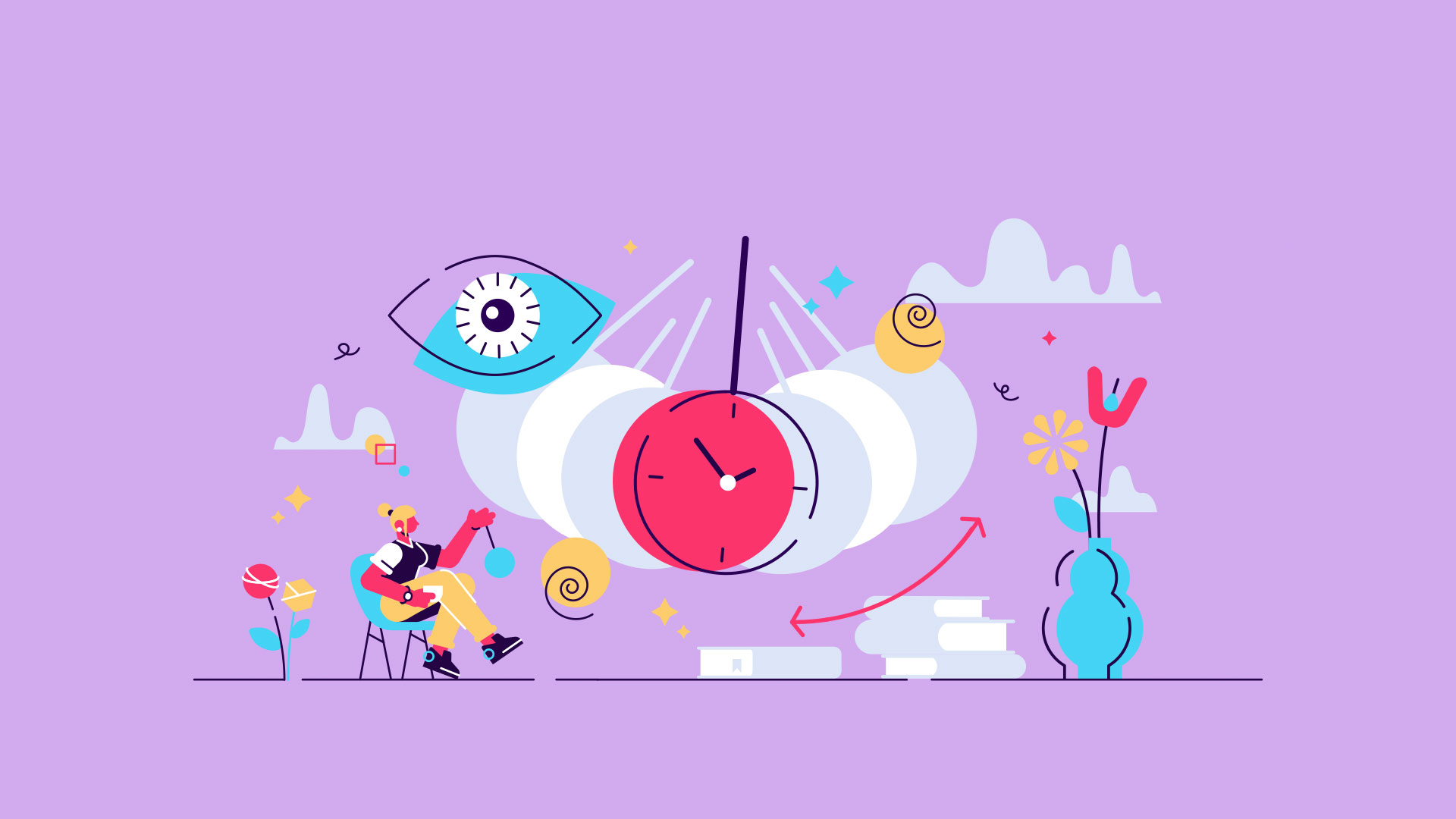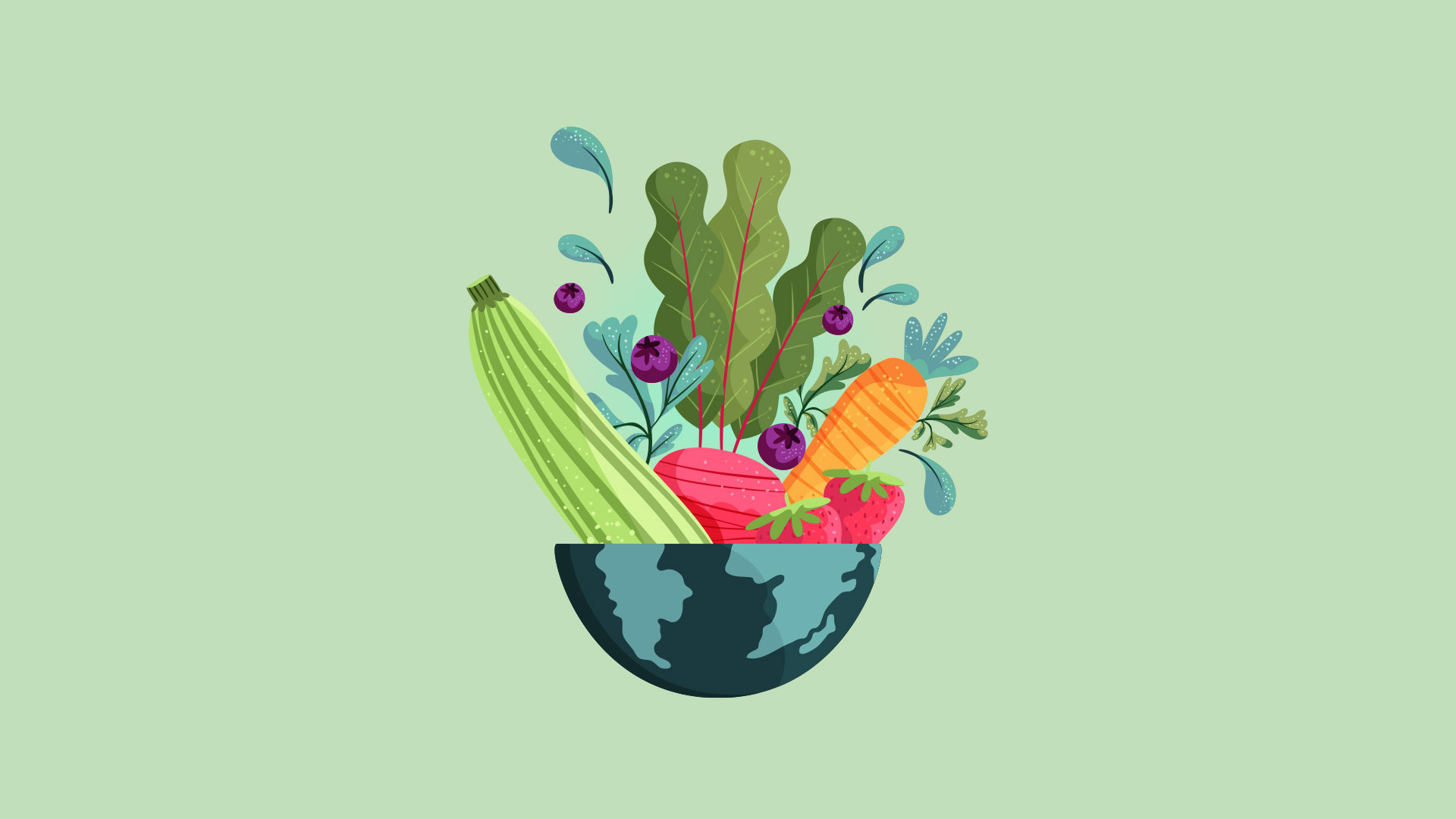Mediation – an underused method for resolving disputes
Mediation, a form of alternative dispute resolution, is often overlooked and underused in Gibraltar as a method of resolving issues between parties, with many people instead remaining focused on seeking the court’s assistance to settle their disputes. This is perhaps with the slight exception of employment cases, where parties are required to attempt mediation as part of the grievance process.
Litigation has its benefits and may be, in some instances, the only suitable and sensible route forward. However, litigation is not panacea – it has its flaws and limitations. As many may know from first-hand experience, litigation can be costly, time-consuming and, given its adversarial nature, the process can often lead to deeper rifts developing between the parties and their respective positions becoming further entrenched, which is largely unconducive to maintaining future relationships – whether personal or commercial. Further, there is also the emotional stress and anxiety that often comes with preparing for trial and giving evidence.
For those that may not be familiar with mediation, it is a process whereby a neutral third party – the mediator – facilitates a negotiation between the respective parties (the mediatees). It is voluntary, confidential and informal. This means that the parties are at the driving wheel in mediation: they are choosing to attend the sessions and are choosing to try to work towards a collaborative solution, not a compromise where both sides end up feeling hard done by. Mediation therefore has the potential to empower mediatees, as it gives them agency over their dispute, including the power to decide between themselves (with the assistance of the mediator) how they resolve their issues and how to structure their relationship going forward.
In addition, rather than having a lawyer arguing their case, mediatees put forward their own views, wants, needs and wishes, as well as their frustrations, which can be cathartic in itself and, should the mediation be successful and an agreed outcome reached, the decision will have been made by the parties, not decided for them by a judge. As a very experienced mediator recently told me, Gibraltar is indeed a nation of communicators, and mediation thereby lends itself well to the Gibraltarian spirit of discussing and debating matters. It is a shame, therefore, that mediation is not more widely used on the Rock.
Unlike court, where most hearings are public, mediation is conducted in private: whatever is discussed between the mediator and mediatee in the individual sessions is kept confidential and whatever the parties discuss in joint sessions remains between those four walls (with certain exceptions largely based upon the welfare of the mediatees and others). For many the court process is daunting and beset with unfamiliar rules and countless deadlines. Mediation on the other hand is informal, it follows a staged process but, as stated above, it is driven by those partaking. The more effort the parties put in, the better outcome they are likely to get.
Mediation is also future-focussed, with the mediator helping the parties to shift the spotlight away from the past and to understand their respective interests and needs (i.e., why they need a particular outcome and the underlying root of their motivations), rather than their positions. Parties’ positions are often incompatible and exacerbated by bias. For example, each party may demand an apology whilst refusing to accept responsibility for their own actions or one party may insist on receiving a certain amount of compensation, which the other party cannot realistically afford to pay. By moving away from positions to focus on interests and needs, mediation can help the parties to reach a workable long-term solution for the future. As disputes often arise between individuals that have some sort of ongoing relationship, such as family members, employers and employees, landlords and tenants, and suppliers and consumers of goods and services, it makes sense to try to find a solution that works best for the parties and helps to maintain their relationships going forward.
It is often the case that mediation provides a quicker and more cost-effective method for resolving disputes than litigation (and other forms of alternative dispute resolution, such as arbitration, for that matter). This is particularly the case at present where the courts are facing a significant backlog of cases as a result of Covid-19. Court diaries aside, as a general rule, it is often better to deal with issues head on, nipping them in the bud before they worsen to minimise further misunderstandings arising and resentment brewing. The cost benefits of mediation should also not be overlooked: litigation can often cost tens of thousands of pounds and take months, if not years to conclude. Whereas mediation is largely a much cheaper and quicker process.
As with litigation, mediation is not a silver bullet. It has its limitations and is not suitable for all matters. For example, where there is a significant imbalance of power between the parties or where one or both mediatees are not willing to actively participate in the process. The mediator has no power to compel a party to engage nor to ensure that a solution is reached. Nevertheless, mediation is a form of dispute resolution that parties in conflict should more readily consider, not just for the potential cost and time-saving advantages, but for the wider opportunity mediation affords to help maintain relationships and to obtain a win-win solution for both parties.

















